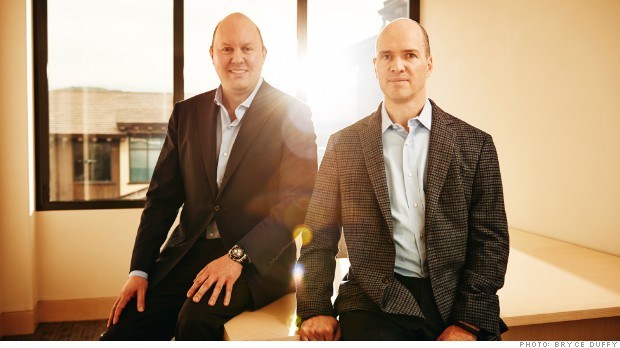For the past few years Jason Calacanis’ LAUNCH festival has been one of the premier venues to — you guessed it — launch a hot new startup in the hopes of attracting serious investment dollars.
When the JOBS Act was signed into law last year, Calacanis saw an opportunity to broaden the potential sources of those investment dollars by incorporating a real-time, live crowdfunding campaign into the annual event.
LAUNCHFest 2013 kicks off Monday, and we still don’t have an official equity crowdfunding system in place for non-accredited investors, but Calacanis and Company have found a way to move forward with their live crowdfunding experiment anyway.
MicroVentures, LAUNCH and SourceBits teamed up to develop a special app for the festival, which runs March 4 – 6 in San Francisco.
“At the event, accredited investors can use the app to show interest in investing in the 50 startups (launching) on stage. If you make a commitment, it’s a non-binding show of interest,” explains Calacanis via an e-mail. “Your contact information is sent to the startup, and you two can get coffee in one of our Davos-style offices.”










